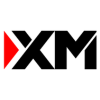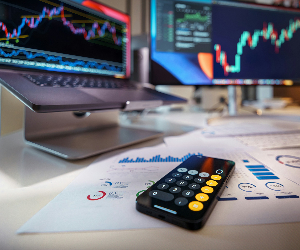Our ranking of the best mobile trading platforms offers information about providers that lead in flexibility and mobile technology. Ideal for traders on the go, these platforms are selected for their robust mobile features and user-friendly interfaces.
BEST HANG SENG INDEX BROKERS IN KENYA
The best Hang Seng Index brokers provide low-cost and reliable access to the Hong Kong market for Kenyan investors. We prioritize platforms with minimal transaction costs, reliable real-time data, and smooth currency conversion, ensuring Kenyan traders can participate in this key Asian market efficiently.

Ranking Methodology
To compile the ranking, we rely on a professional criterion that follows these steps:
We test the platforms based on several basic parameters (see list).
We test the platforms based on ranking-specific parameters.
We ensure the results are accurate (consistency and absence of outliers).
We verify on social media and forums that our parameters are socially sound and that no relevant negative reviews exist.
We present and publish the ranking.
Basic Testing Parameters for Apps Included in the Ranking
They allow accounts to be opened by local clients; meaning we exclude platforms not available in certain countries.
Regulatory compliance and security.
Transparency, reputation, and data protection.
Total costs (commissions, spreads, non-trading fees, deposits/withdrawals).
User experience (UX/UI), stability, and performance (uptime, latency).
Platform and tools (charts, alerts, backtesting, mobile, desktop, API).
Execution and liquidity (order quality, slippage, depth).
Customer support (languages, coverage, response times).
Education and resources (guides, research, demos, simulators).
Specific Parameters for the Indices Ranking
Access to global and regional indices (S&P 500, Dow Jones, Nasdaq, DAX, FTSE, Nikkei, MSCI, etc.).
Coverage of sectoral and thematic indices (technology, energy, sustainability, ESG).
Availability of index-linked products (CFDs, index ETFs, index futures).
Execution quality and precision in index replication.
Costs associated with index trading (commissions, spreads, overnight financing).
Order types and tools available for trading indices (stop loss, take profit, trailing stop).
Access to real-time data and market depth on main indices.
Analytical tools for index correlations and diversified risk management.
How to open an Investment Account
Opening an investment account in Kenya is straightforward once you’ve picked a provider. The process works the same whether you’re investing in stocks, ETFs, bonds, crypto or real estate.
Go to the official website: Click “Open account” or “Get started”.
Fill out your details: Name, email, phone, country. You’ll need a Kenyan ID or passport, plus proof of address such as a Kenya Power electricity bill or a recent bank statement (within 3 months).
Approval process: Some approvals are instant, others take a few days.
Set account parameters: Adjust preferences and risk limits once approved.
Fund the account: Deposit via card, bank transfer, or mobile money (e.g. M-Pesa).
And you can start investing.
YOU MAY ALSO BE INTERESTED








